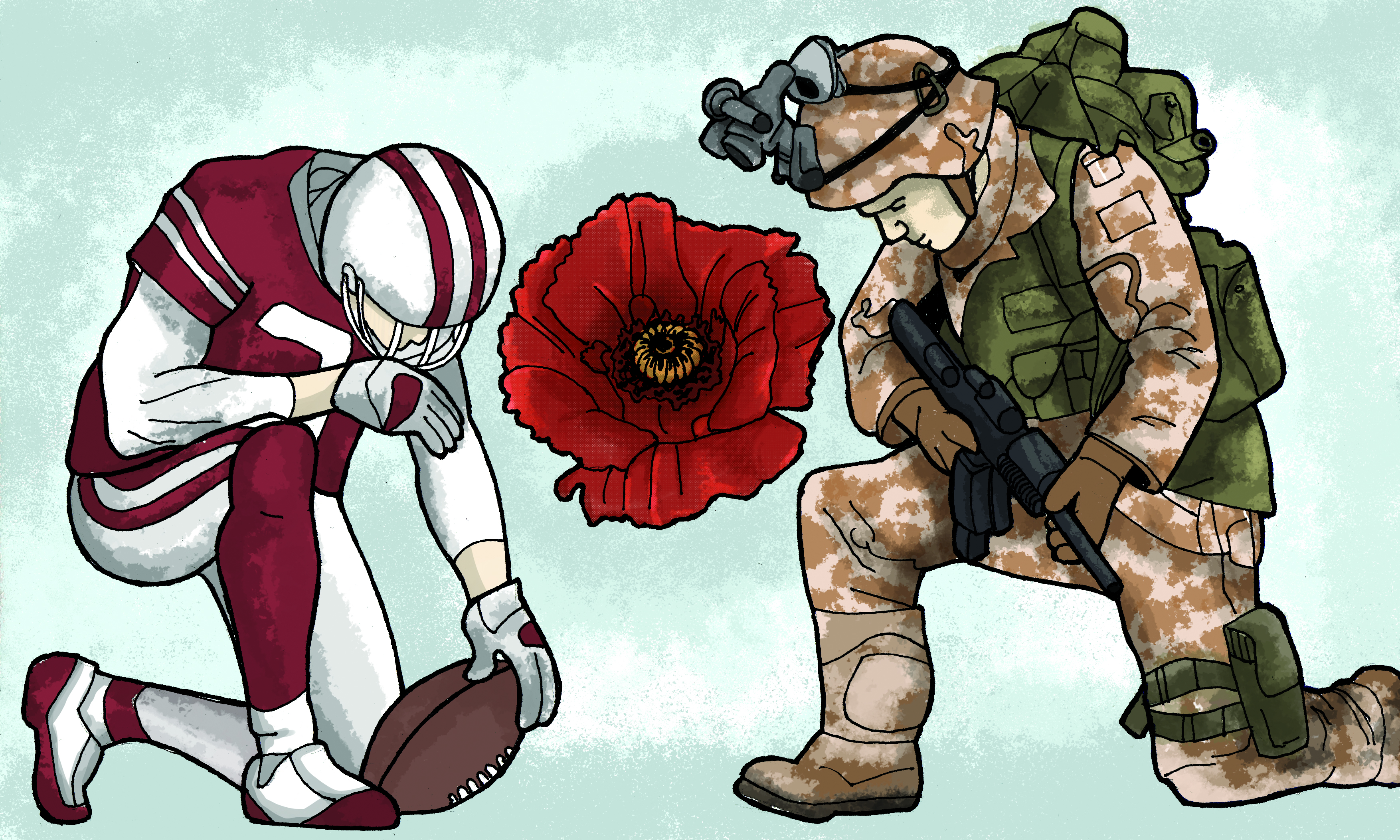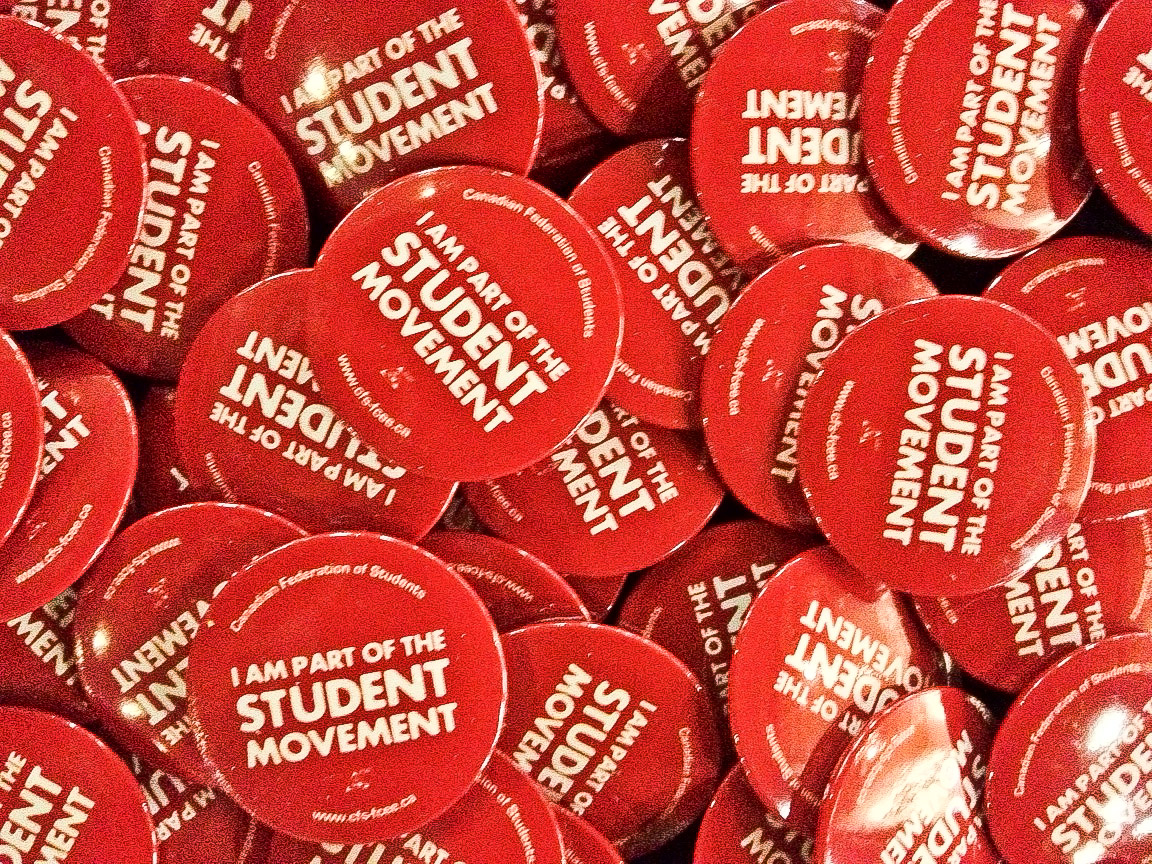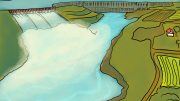Even though the federal government refuses to reinstate millions of dollars in annual funding to the First Nations University of Canada, its student association president is saying she will continue to advocate for the survival of the school.
“I am in a place where I will not be defeated until the university shuts its doors. I will not stop fighting this fight. This university is too important to this country right now,” said president Diane Adams.
“It seems absurd to me and I hope most Canadians, that because of some administrative issues at the university, they’ve decided to close it,” she said.
This comes after a meeting last week where Chuck Strahl, minister of Indian and Northern Affairs, was asked to reverse his previous decision and reinstate the $7.2 million in annual federal funding to FNU.
The First Nations University of Canada has recently seen both its provincial and federal funding pulled, totaling over $12 million, after allegations of misspending at the Regina-based institution.
Strahl met last week with FNU stakeholders including Adams as well as Jim Turk, executive director of the Canadian Association of University Teachers, Chief Guy Lonechild, grand chief of the Federation of Saskatchewan Indian Nations and Randy Lundy, chair of the FNU faculty council.
Chief Lonechild said in a press conference after the meeting, “The message that’s being sent to First Nations in Saskatchewan and Canada is that First Nations’ education is not a priority. We beg to differ.”
“We’re deeply disappointed because unless [Strahl] changes his decision, it will mean the end of the First Nations University,” said Turk.
According to Turk, necessary changes have been made at FNU including the dissolution of its previous Board of Governors and the establishment of a smaller, depoliticized board.
“For the last five years, CAUT has been the most vocal critic of what has been going on at First Nations University. We went so far as to censure them [in 2008]. It was the first time we censured university in 28 years,” said Turk. The faculty association has asked professors and lecturers to not take jobs at the institution and not to participate in events it sponsored because of the problems.
“They now have done everything that we and the government of Saskatchewan and the faculty and the students at First Nations University had called for.”
According to Turk, Minister Strahl cut federal funding four days after changes had been made.
“A the end of the day, I think that there is a good chance that we can get the funding restored. I don’t think this government will want to bear the responsibility of destroying Canada’s only First Nations university,” he said.
Adams said she felt the minister’s decision was “extremely shortsighted.”
“The minister has been pressing for a long time for governance changes and administrative changes at the First Nations University and those changes have indeed been made. The only part left to keep the First Nations University going is for that funding to come back,” said Adams.
“Despite the fact that we’ve done our part, they’re not doing theirs. It’s extremely frustrating that the minister of Indian Affairs does not understand the weight of this situation and how important it is to keep the First Nations University open especially since these changes were made.”
Adams said the university has the largest concentration of indigenous-centered academic programming in Canada with 800 students registered at the university and 1,200 visiting students from the University of Regina.
“We have 34 years of roots in this province. To uproot a university that has been in place for 34 years on six weeks’ notice is an experiment that I certainly hope that Canadians do not want to carry out,” said Adams.
Turk said that a broad public campaign is necessary to spread awareness of the situation at FNU.
“We’re going to use every political vehicle we can between now and [March 31] to get the government to reconsider its ill-conceived decision to cut the money,” said Turk.
“We think that this is a matter that can be reversed with enough public pressure.”
According to a recent CAUT press release, the Federation of Saskatchewan Indian Nations, the University of Regina and the new First Nations University board have reached a tentative agreement about a new funding formula that ensures accountability. Turk wrote that the agreement would soon be finalized.
“We’ve also heard from the Saskatchewan government that once a formal agreement is in place its funding will be restored,” Turk wrote in the release. “All that’s missing now is a reinstatement of the $7.2 million in funding from the federal government.”
Adams said that many students currently enrolled at the university will not choose to attend mainstream institutions should the university close.
“Those students without this commitment will exit the postsecondary stream forever. Today I am appealing to Minister Strahl and the prime minister of Canada, Stephen Harper, to reverse the decision I heard today,” said Adams at last week’s press conference.
“If they are committed to First Nations post-secondary education, they will restore the funding to First Nations University of Canada.”




